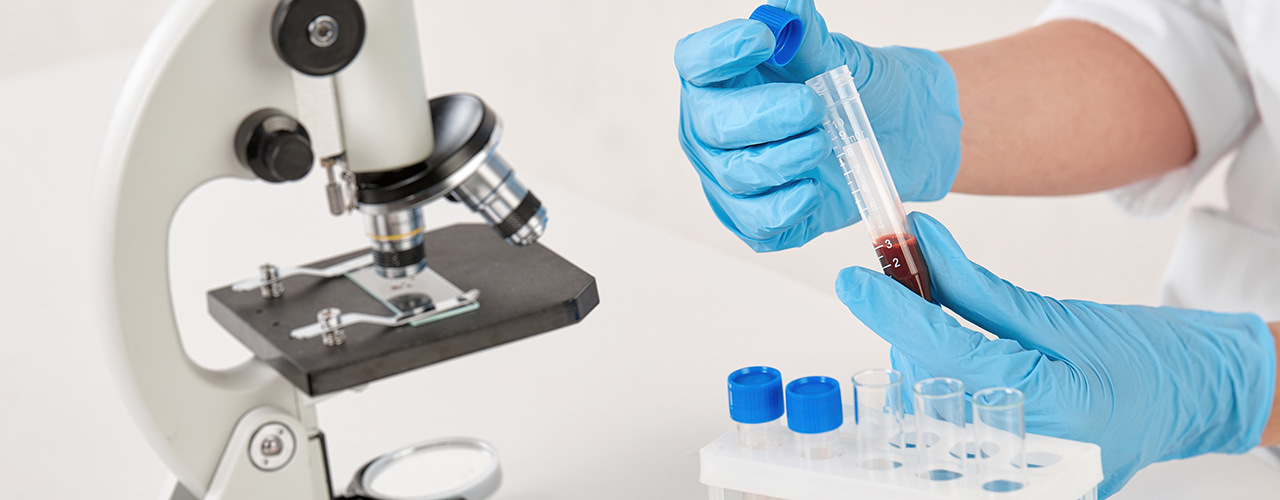Blood Investigations

Blood Investigations/Blood tests done before IVF
Women who want to take IVF treatment, first have to undergo ovarian reserve testing. This includes taking a blood sample and testing it for the extent of follicle-stimulating hormone (FSH). The outcome of these tests will give your doctor information about the size and quantity of your eggs.
A blood test is necessary for preparing a patient for IVF which increases the possibility of successful fertilization, and substantiate pregnancy after embryo transfer has been performed. Without a blood test, the possibility of success is lower, and fertility specialists are unable to use modern techniques to truly assist patients in their journey to become a parent.
Why blood tests are done before IVF and what is its significance in the treatment.
To simplify, a blood test gives fertility specialists a better knowledge of the hormone levels in your blood. This is because, hormones are required for monitoring functions in the body, like, development of eggs, ovulation, and changes in the body chemistry.
Also, your consultant may propose you take a blood test to know the following, like, thyroid hormone test, haemoglobin range, cancer markers if any, lipid profile test (complete cholesterol test) and triglycerides, a type of fat in your blood on the need basis.
Attaining certain hormone levels during different steps of IVF treatment can result in sizeable chances of success.
Fertility drugs are used, to regulate your hormone levels but the blood test allows fertility doctors to know and decide what medications should be prescribed and how your body will respond to fertility treatment.
Blood Tests before IVF
Before you go for IVF treatment, your blood test will be performed to assess the level of follicle-stimulating hormone (FSH) in your system. This will provide the fertility experts with an understanding of the quantity and number of eggs you may have.
Besides, the blood test performed can help note feasible incompatibilities between a mother’s blood type and a father’s type plus the presence of potential genetic disorders, viruses, and diseases.
When is the Pre-IVF Blood Test Done?
In the beginning blood hormone testing is done on the 2nd or 3rd day of a women’s menstrual pattern.
Blood Test after Embryo Transfer
With a transfer of an embryo into a women’s uterus, the IVF treatment comes to the final stage. There the embryo will attach itself to the uterine lining and expectantly a woman will be pregnant. Then a blood test will be done to measure hCG (human chorionic gonadotropin) in a women’s system. hCG is the pregnancy hormone.
When is the Pregnancy Blood Test carried out?
After 11 or 12 days after embryo transfer, a blood test is performed to confirm pregnancy.